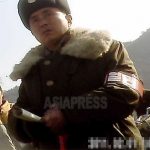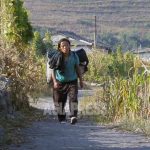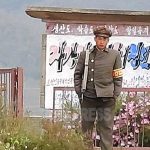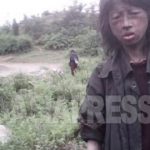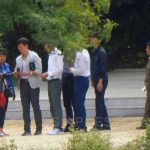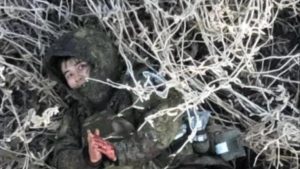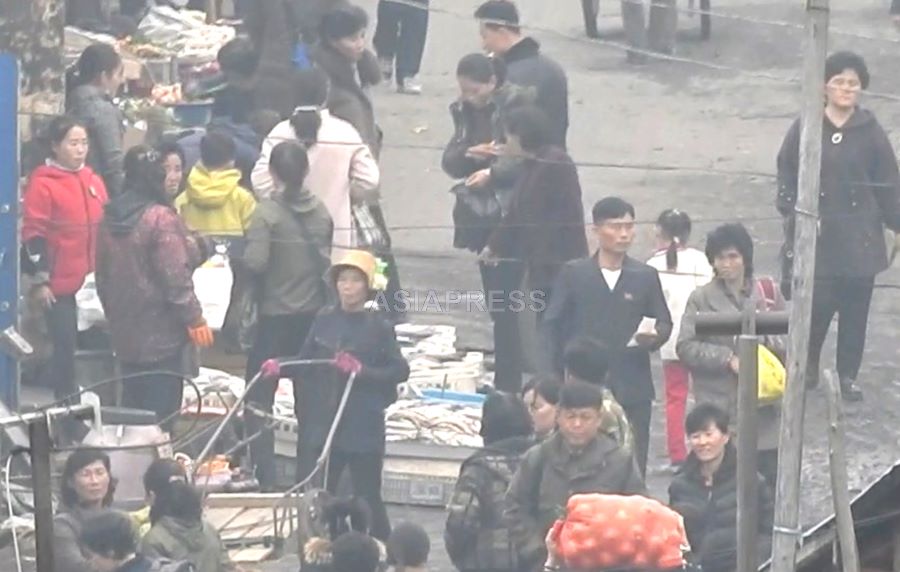
Reports of an impending "currency exchange" (replacement with new won) by the North Korean government are spreading widely within the country. Due to fears that the current currency may become unusable, there is widespread hoarding of goods and demand for foreign currencies like Chinese yuan and US dollars, causing rapid price inflation. While authorities deny the "currency exchange" as a rumor, anxiety and confusion are spreading among residents. (By ISHIMARU Jiro / KANG Ji-won)
◆ Anxiety Spreads as Money Traders and Officials Begin Hoarding
Information about a possible "currency exchange" suddenly began spreading in late October. In early November, reporting partner A from North Hamgyong Province reported that "information is spreading that the government might implement a 'currency exchange.’" On November 12, reporting partner B from Ryanggang Province provided detailed information about emerging chaos.
Reports from both locations shared many commonalities, including:
・ "Money traders" (wealthy entrepreneurs) and officials secretly began hoarding electronics, furniture, bicycles, and food supplies while purchasing foreign currency, leading residents to suspect a currency exchange
・ Banks stopped accepting damaged banknotes for exchange
・ New coins of 500, 1000, and 2000 won and new vertical-design banknotes of 5000 and 10000 won are reportedly being issued
・ Stricter enforcement against private foreign currency transactions
・ Unconfirmed information suggests the currency exchange will begin in November
・ Authorities deny it as "rumors" and are cracking down on even mentioning "currency exchange," warning that hoarded goods and private transactions will be confiscated
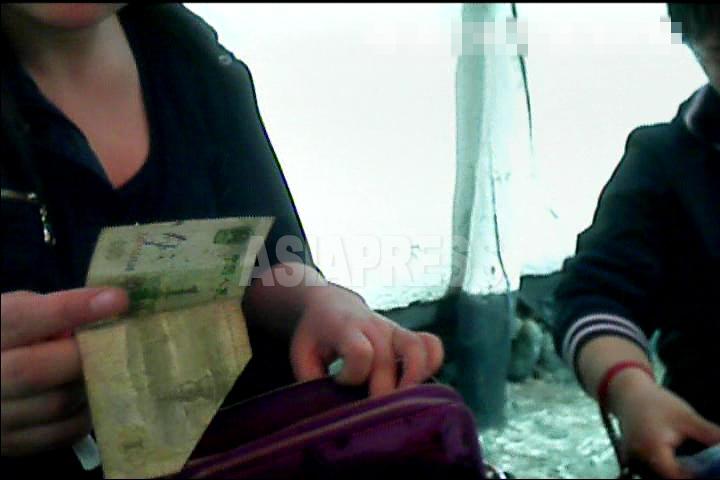
◆ Connection to North Korean Cashless System
Notably, information is spreading about the promotion of "cash cards." Since late 2023, the Kim Jong-un regime introduced a system where state enterprises and civil servants receive wages via "cash cards" instead of cash. Currently, most workplace wages and pensions (except in agricultural sectors) have switched to card deposits. These can be used at state shops and grain sales outlets. Cards can also be privately recharged.
"The government has ordered every household to have at least one card. Rumors suggest that money on cards will automatically convert to new won during any currency exchange, so money traders and officials keep loading their cash onto cards. Their hoarding and foreign currency purchases suggest they had advance knowledge and saw this as a profit opportunity," (reporting partner B)
◆ The Nightmare of the Currency Reform 15 Years Ago
On November 30, 2009, the Kim Jong-il regime suddenly implemented a currency reform. It was a denomination that devalued the won to 1/100th, limited exchange to 100,000 old won per household, and set a one-week deadline. This caught many residents off guard, turning their savings over 100,000 won into worthless paper and causing massive chaos.
It remains unclear whether the Kim Jong-un regime will actually implement a currency reform, and if so, whether it will include devaluation or limits on exchange amounts and periods. The current chaos reflects deep-rooted distrust of the government and national currency among residents.
"The government has only focused on controlling people, so it wouldn't be surprising if they implement a currency exchange without any concern for people's livelihoods," lamented reporting partner B.
※ ASIAPRESS communicates with its reporting partners through Chinese cell phones smuggled into North Korea.
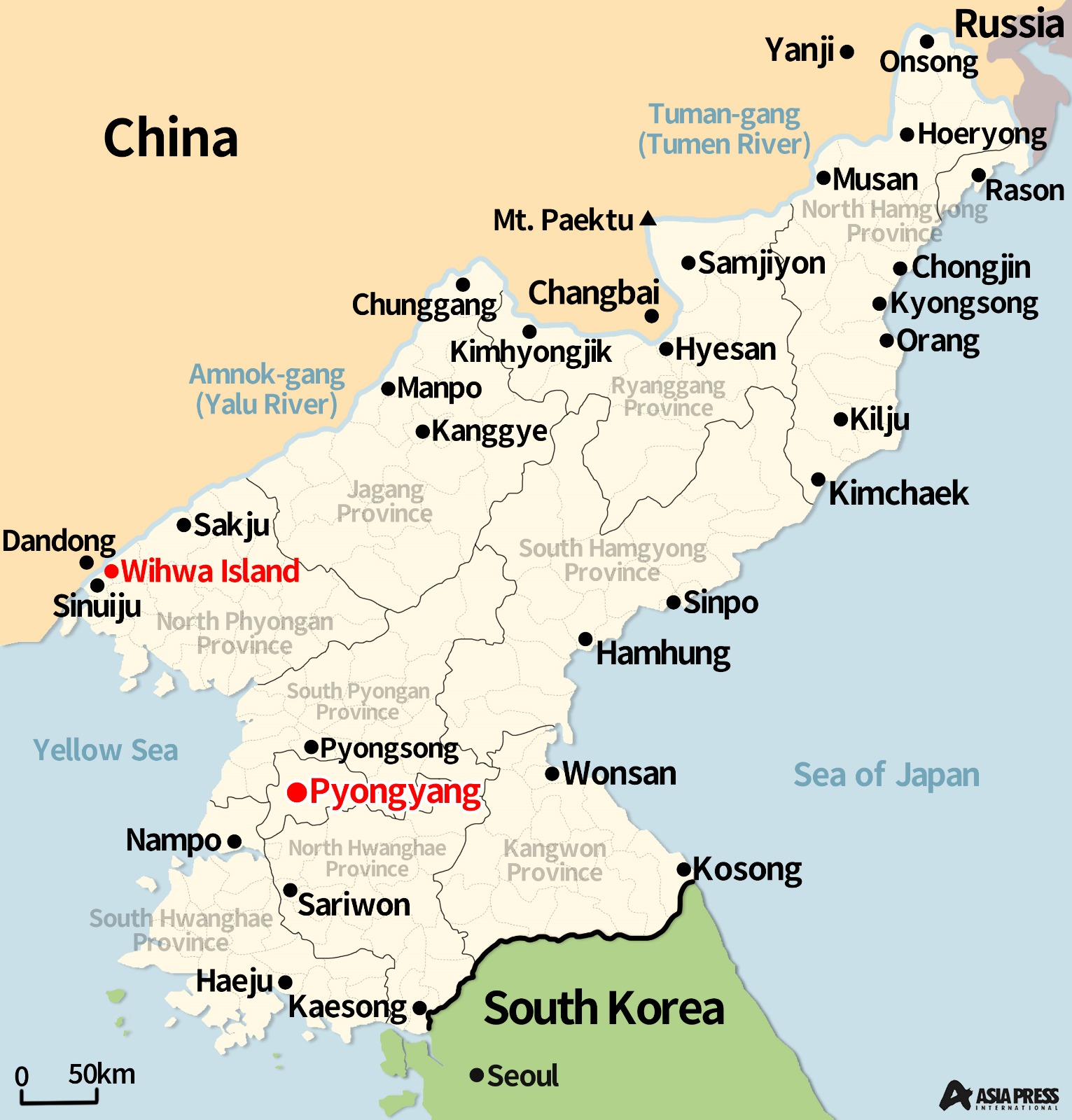
- <Super-telephoto Lens Report>North Korea's Flood Recovery Site (3) Young Soldiers Working Silently in Pouring Rain, Seemingly Driven by 'Do-or-Die Implementation' Slogan (10 Photos)
- <Super-telephoto Lens Report>North Korea's Flood Recovery Site (2) Dizzying Scenes... Young Women Working Without Helmets on 15-Story Buildings, Visible Signs of Fatigue (8 Photos)
- <Super-telephoto Lens Report>North Korea's Flood Recovery Sites (1) Construction Workers, Including Many Women, Working High in the Sky Without Safety Equipment (7 Photos)
- <N.Korea Photo Report> The New Yalu River Bridge Today: Still Unopened After 10 Years Since Completion - Does it Reflect Cooling Relations with China? (7 Photos)
- [Photo Breaking News] Multiple Russian Vehicles at N.Korea-Russia Border, Including Unidentified Cargo (6 photos)

